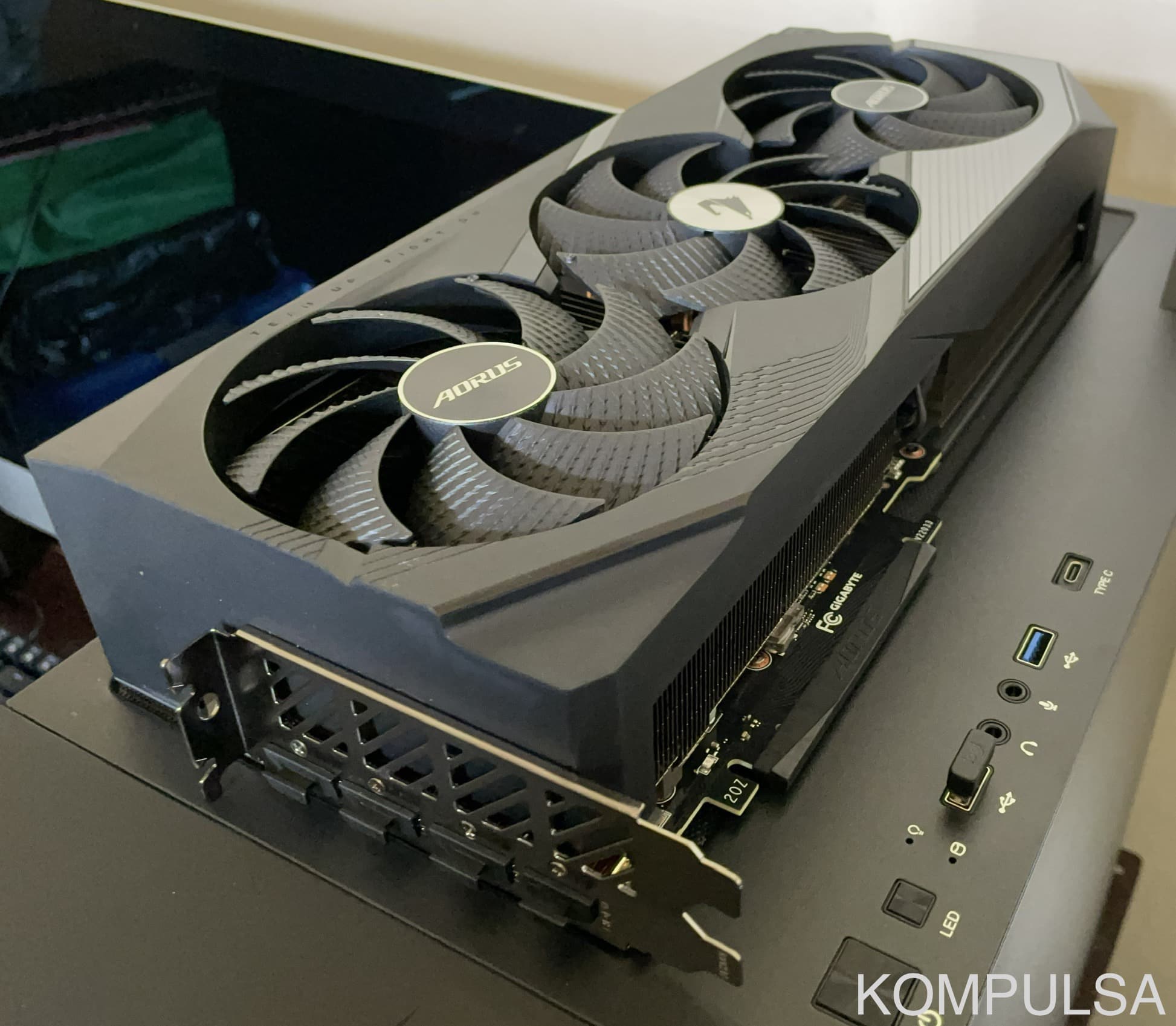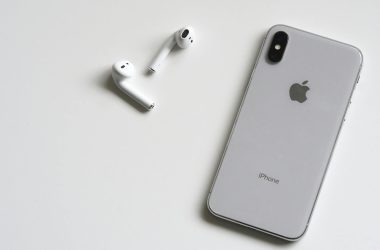Microsoft has announced neat new features that refreshes the user experience of Windows 11, and the ability to run Android apps directly on the OS. These UI improvements reflect on Microsoft’s past of leading the way towards user friendliness and making computers consumer-friendly.
The OS has centered the start menu/taskbar and also supports split screen layouts that it can retain even if you rotate your device from landscape mode to portrait mode.
There are other similar features such as the ability to easily ‘snap’ windows in place with minimal effort when moving them around and all that compliments Microsoft’s attempts to converge mobile and desktop devices.
Microsoft Windows 11 is also expected to tackle the growing issue of cybersecurity — an area in which Windows has historically lagged behind its competitors. Microsoft has stated in their minimum hardware requirements (PDF) that after 2023 laptops (but not desktops) must have a front-facing camera, and it must be HD.
Some have argued that the front-facing camera requirement is because Microsoft is trying to protect users’ security by ensuring that users have access to their Windows Hello facial recognition system. However, there are multiple rebuttals including but not limited to:
- Not all facial recognition systems are secure.
- This doesn’t respect users who want to buy laptops without cameras for privacy reasons. If your laptop doesn’t have a camera, then simply tell users that it needs one in order to use facial recognition.
- Expounding on the second reason, facial recognition systems can theoretically be used to collect your pictures and other intricate details about your face. Abuse of facial recognition databases is already a widespread issue. Whether or not Microsoft collects your facial recognition data is another question.







